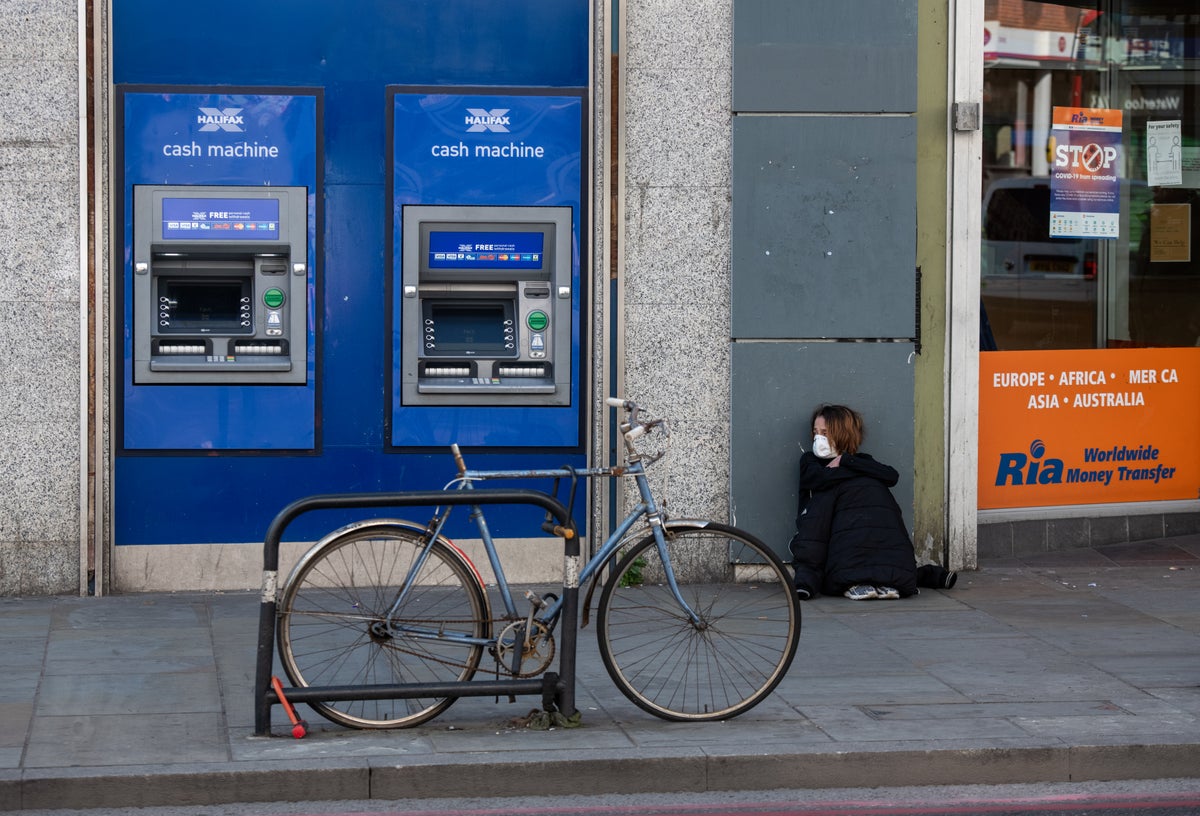Homeless women in the UK are forced to use sponges, old clothes and used menstrual products during their periods, research has shown for the first time.
A University of Southampton study examining homeless women’s experiences during menstruation found that women were often denied access to public and customer bathrooms.
Researchers found that some women used cut-off T-shirts, sponges, clothing, toilet paper and already used disposable menstrual products during their periods, while some used cheap herbal remedies rather than expensive treatments to relieve infections.
Research has found that women living on the streets are forced to rely on charities and council services to buy menstrual products, but supplies are inadequate and inadequate, meaning women may be forced to steal menstrual products from shops or have no food to afford them.
Dr Polly Hardy-Johnson, one of the report’s lead authors, said: “Even as paying customers, women are stigmatized by drug use, limiting their access to the toilet. When women are unable to maintain menstrual health, Pretending to be “not homeless” is even harder.
“Restricted access to facilities has led to infections and increased demand for expensive laundry services due to leaks and blood-stained clothing. There is a need for private, safe and clean locations to manage menstruation, as well as access to laundry facilities.”
Women sleeping rough have also warned that services are rationing their free menstrual products, resulting in them being forced to ask for items from staff, sometimes men, multiple times a day.
The study was published in women and healthlooked at nine relevant studies conducted in the UK, US, Canada and Nepal and found issues common to all countries.
Dr Stephanie Baker, another lead author of the report, said: “So-called ‘period poverty’ is a global problem. Our findings highlight the need to stop gatekeeping and restricting access to menstrual health products. It is both a public health issue and It’s also a human rights issue.”
Researchers have found that homeless women often struggle to find a clean, private area to change menstrual products – public restrooms are said to be filthy. Women also expressed feelings of embarrassment and shame about their periods, saying they hid the fact that they had their periods.
Follow us on Google news ,Twitter , and Join Whatsapp Group of thelocalreport.in
